The Future of Space Tourism
Space tourism is no longer science fiction. It has evolved into one of the most exciting frontiers in modern travel. Once dominated by government agencies like NASA and Roscosmos, space exploration is now being propelled by private companies that aim to make space accessible to civilians.
This shift is creating a new era of travel that is luxurious, adventurous, and potentially transformative for humankind. As innovation and competition expand, travelers may soon experience views of Earth that were once reserved for astronauts.

The idea of space tourism gained traction in the early 2000s when a few wealthy individuals paid millions to orbit the planet aboard Russian rockets. However, it is private enterprises like SpaceX, Blue Origin, and Virgin Galactic that have brought this dream into focus.
Their missions emphasize safety, accessibility, and the thrill of venturing beyond Earth’s atmosphere. These companies are reshaping public perception of what it means to be a traveler and redefining the concept of destination.
Private Innovation Fuels Space Tourism
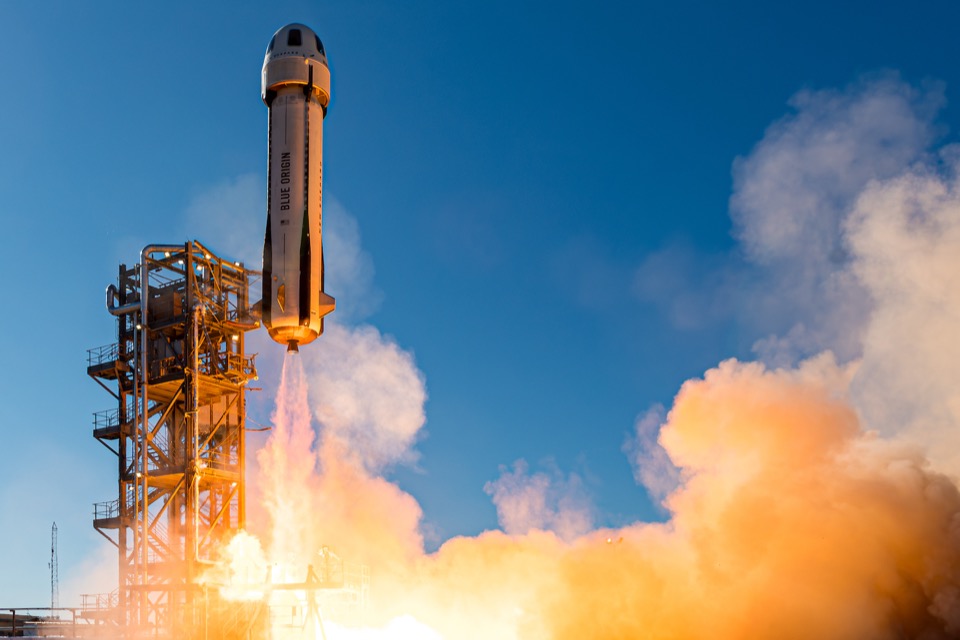
The success of space tourism relies heavily on private innovation. SpaceX, founded by Elon Musk, has achieved significant milestones through reusable rocket technology, dramatically reducing the cost of launches. Blue Origin, led by Jeff Bezos, focuses on creating repeatable and safe suborbital flights for paying passengers.
Virgin Galactic, under Richard Branson, has already sent civilians on suborbital trips that deliver several minutes of weightlessness and unforgettable Earth views. These companies are competing to make spaceflight more frequent, affordable, and comfortable. Their progress shows how private innovation can influence even the most complex industries.
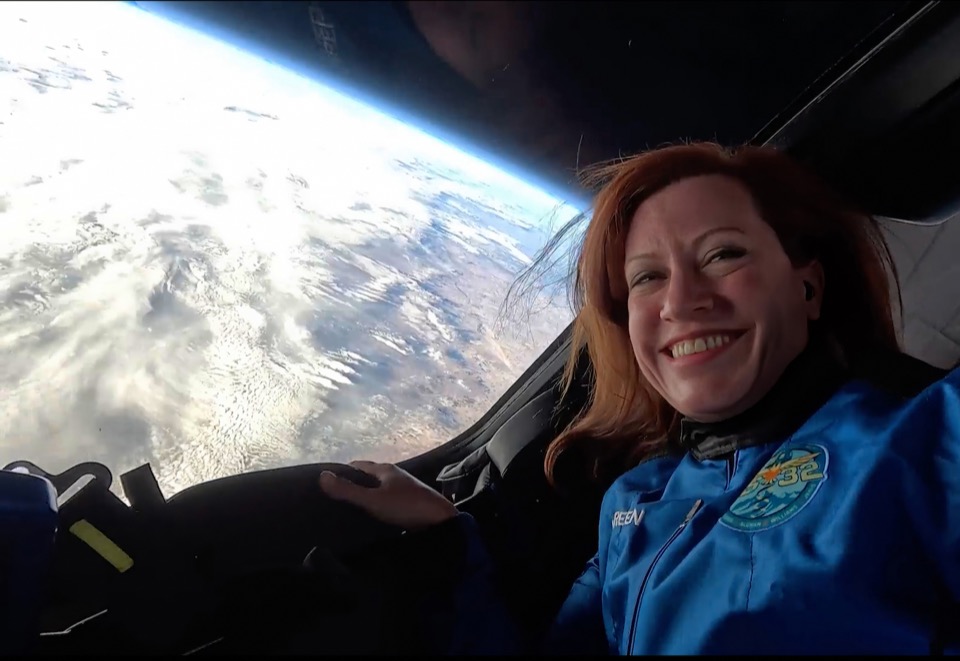
As they refine their spacecraft and flight operations, space travel is expected to move from rare to regular, allowing more people to participate. This evolution marks a turning point for global tourism, where boundaries extend far beyond any continent or ocean.
Each company also contributes unique value to the industry. SpaceX focuses on orbital missions that could one day transport tourists to space stations or lunar bases. Blue Origin emphasizes reusable rockets designed for suborbital experiences, where travelers cross the Kármán line and experience zero gravity.
Virgin Galactic combines luxury and accessibility with a design that prioritizes the passenger experience from takeoff to landing. Together, these companies are shaping the infrastructure for a sustainable space tourism market.
Space Tourism Experiences of Tomorrow
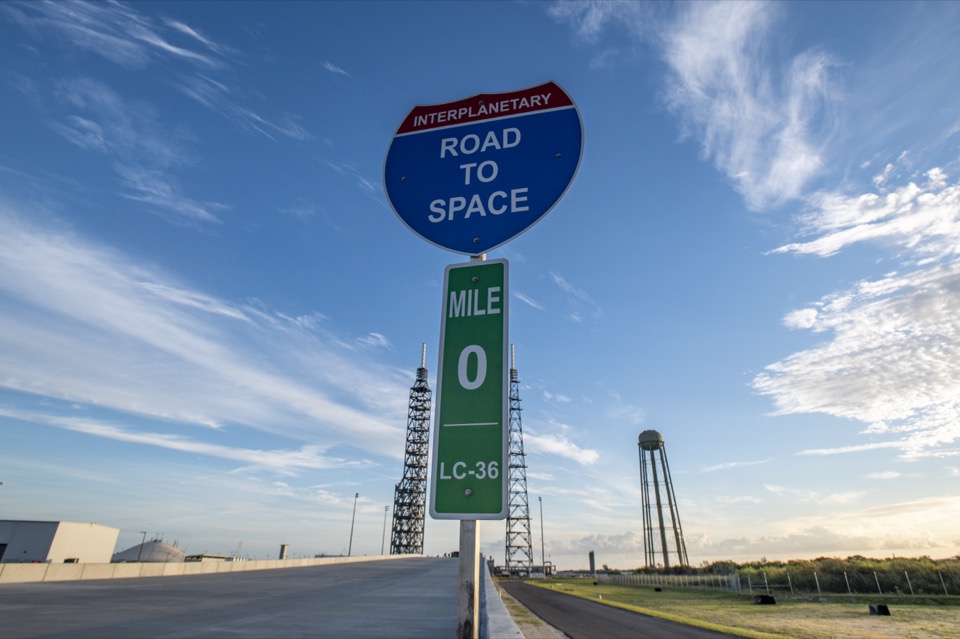
The future of space tourism includes more than just short rides into orbit. Companies are developing long-term concepts like space hotels, lunar bases, and interplanetary sightseeing. Orbital Assembly Corporation, for example, plans to construct a rotating space station that serves as a luxury hotel in low Earth orbit.
Travelers would enjoy artificial gravity, private suites, and panoramic views of Earth while circling the planet every 90 minutes. Suborbital flights are becoming the gateway to this larger dream. These journeys, lasting roughly 90 minutes, give participants the feeling of being weightless for several minutes while viewing Earth’s curvature.
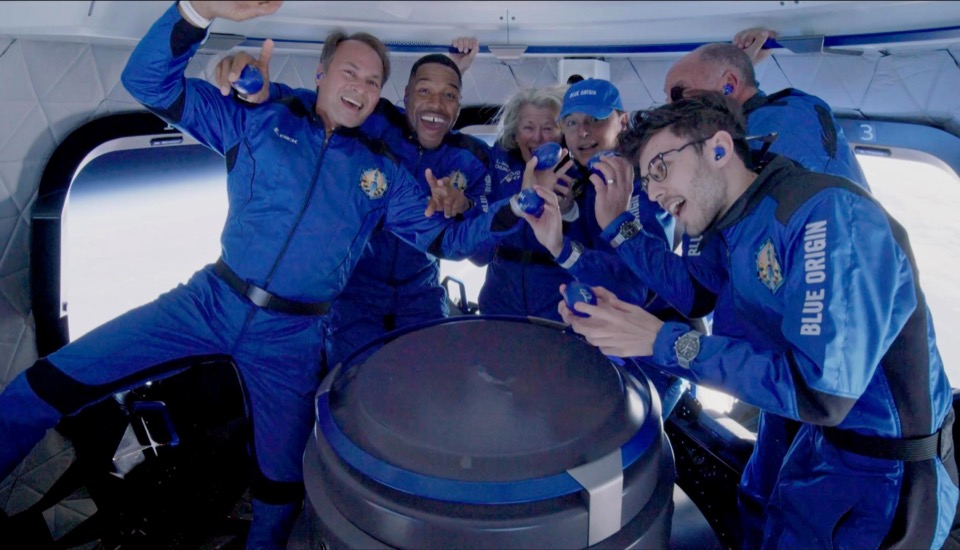
They are shorter than orbital flights but provide a breathtaking introduction to life beyond the atmosphere. Over time, advancements in spacecraft design may make orbital vacations and even moon tours realistic for adventurous travelers.
The ultimate goal is to make space tourism accessible to people from various backgrounds, not only the wealthy. As technology improves and demand increases, prices will likely decrease. Much like early air travel, what starts as an elite experience could eventually become a mainstream adventure.
With this accessibility, diverse travelers will have the chance to contribute to humanity’s understanding of space while experiencing the awe of seeing Earth from above.
Challenges and Ethics in Space Tourism

While progress is thrilling, challenges remain. The cost of space tourism is still extremely high, with tickets often exceeding several hundred thousand dollars. There are also environmental concerns about rocket emissions and the potential impact on Earth’s atmosphere.
However, companies are exploring sustainable fuel options and efficient launch methods to mitigate these effects. Safety remains a top priority, and extensive testing is essential to ensure passengers’ protection. Public confidence in commercial spaceflight depends on reliability, transparency, and accountability.
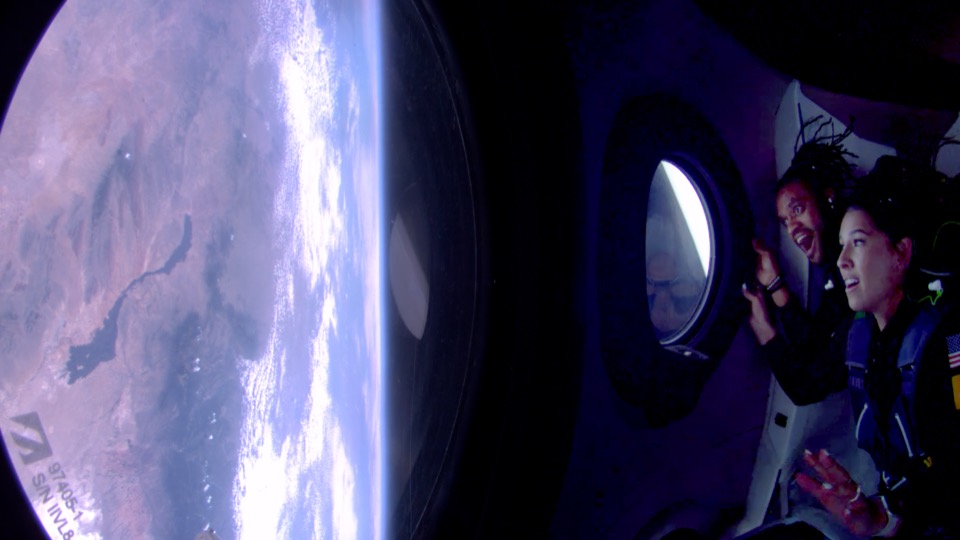
As more flights succeed, public trust will grow, but so will scrutiny. Ethical considerations are also part of the discussion, such as how space tourism aligns with planetary protection and international space law.
Nevertheless, supporters argue that these experiences can inspire environmental awareness. Many astronauts report a deep emotional shift called the “overview effect,” a profound appreciation for Earth’s beauty and fragility after seeing it from space. If civilians share this experience, it could foster a stronger collective commitment to preserving our planet.
The Broader Impact of Space Tourism
Beyond leisure travel, the technology behind space tourism drives advancements across multiple industries. Innovations in spacecraft materials, propulsion, and safety can influence aviation, energy, and environmental science.
Governments and private companies are forming partnerships that merge exploration with commerce, encouraging global collaboration. Space tourism also has cultural significance. It symbolizes a shared human desire to explore, connect, and expand our horizons.

As more people experience space firsthand, the psychological barrier between “Earthbound” and “cosmic” will fade. Future generations may view space travel as an essential part of life’s possibilities, just like crossing oceans or flying between continents once was.
Space tourism’s expansion may even accelerate plans for Mars colonization and asteroid mining. These endeavors, while complex, could redefine our understanding of resources, sustainability, and human potential. The industry’s growth demonstrates that curiosity and innovation can create new paths for exploration and connection, both on Earth and beyond.
Preparing for Liftoff
As space tourism evolves, travelers will need preparation similar to traditional adventure travel, though with more advanced requirements. Pre-flight training helps passengers understand the physical sensations of launch and zero gravity. Travelers must also consider health screenings and safety protocols to ensure readiness for flight.
The next decade will likely bring rapid progress, from new spacecraft designs to expanded launch facilities. With increasing competition, space tourism may soon offer tiered experiences, from luxury suborbital flights to immersive orbital stays. The once-impossible dream of visiting space is transforming into a travel industry that blends exploration, science, and wonder.
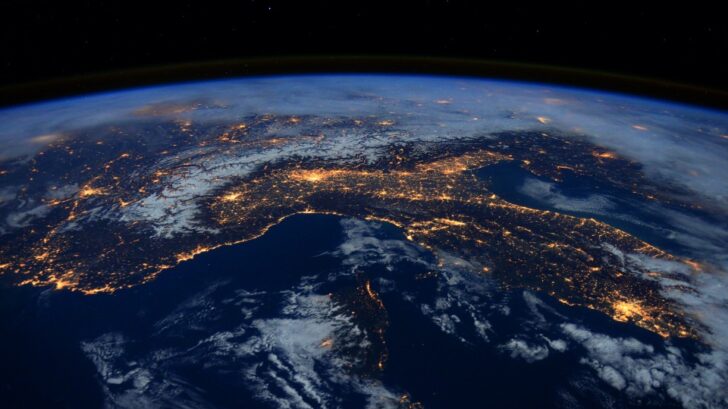
Space is no longer the final frontier, but the next destination. The same curiosity that led humans to explore oceans and mountains now points skyward. With determination, technology, and inclusivity, the age of space tourism promises a future where travelers can journey among the stars.


